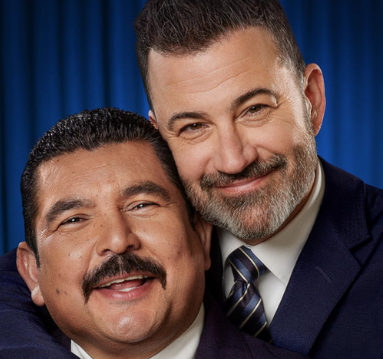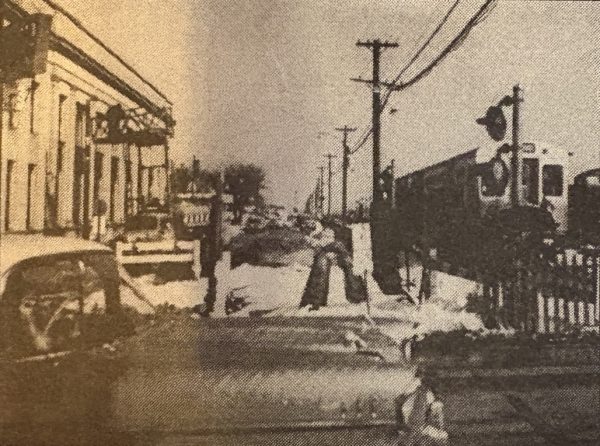Educate on anarchism, socialism more at OPRF
At OPRF, we value diversity, and that is wonderful. However, we need to teach more diverse politics that depart from our current simple spectrum. In the United States, liberalism and conservatism are the dominant modes of thought, with libertarianism in third place. Anarchism and socialism are two seldom taught ideas that challenge our preconceived notions that we would benefit from learning more about.
Anarchism is about negating top-down hierarchical power. Anarchists think traditional representative democracy is too prone to corruption, and prefer to give the masses as much power as possible in decision making. Anarchists want to do away with the traditional statist government system and replace it with bottom-up chains of “command” that promote individual autonomy and decentralized direct democracy.
Socialism is the doctrine mainly credited to Karl Marx, but others have played a role in its establishment. Some of the key tenets of socialism are that workers should own the industries they work at, and that production and distribution of resources should be to the tune of the maxim “from each according to their ability, to each according to their need.”
Anarchism and socialism overlap frequently, but not always. There are anarchists who are socialists, and anarchists who believe in other economic systems like mutualism or capitalism.
Contemporary territories that utilize some principles of anarchism and socialism include Rojava and the Zapatistas.
Anarchism and socialism are touched on in some history classes; however, they are not explored as comprehensively as they could be.
History teacher Linda Burns says both theories are “very misunderstood.” The solution? Teach them more; especially because, Burns says, “both of (those ideologies) are really
important for understanding the developments of the 19th and 20th century.”
History teacher Wilson Caraballo agrees with the statements that anarchism and socialism are influential and important, and that they’re commonly misunderstood. “Absolutely I don’t think they’re touched on enough,” he says.
There are challenges to teaching more anarchism and socialism. “We can’t cover everything. There’s always (some other topic) that gets sacrificed,” says Burns. However, perhaps a new elective class could be created on the history of political ideologies.
The histories of anarchism and socialism are complicated. There have been brutal anarchists and tyrannical socialists, but anarchists and socialists have also been known for creating mutual aid networks, fighting for labor rights, and protesting wars. Anarchism and socialism, or at least prototypical versions of the ideas, have been practiced for millennia, so there is a rich history of pros and cons for students to study.
Once again, the key reason why we should teach these ideas more is that they challenge our pre-existing economic and governmental systems. Unlike liberalism and conservatism, which generally seek to make tweaks around the edges, anarchism and socialism seek to overhaul our world. Anarchism and socialism are by nature non-conforming, and one of the main purposes of a school is to educate on the bold. The purpose of the school is not to raise robots, but to raise intellectuals prepared to question the world. Anarchism and socialism need to be taught more in philosophy or history classes at OPRF, so students can fully understand them and their significance through history, and encourage them to question what they believe in. Let us expand our political palette. Let us teach more the critical creeds of anarchism and socialism.





